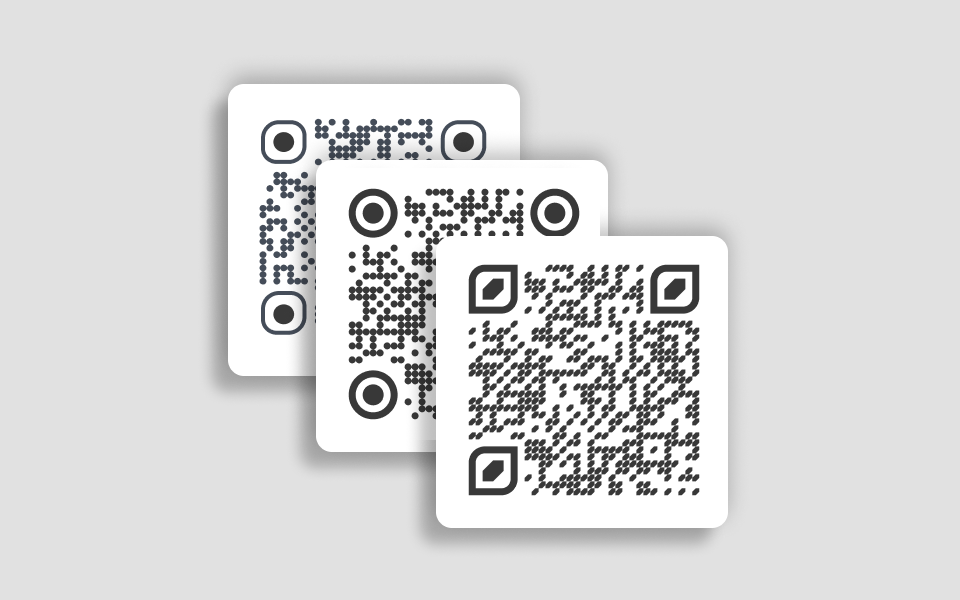In today’s fast-paced world, efficiency is key in all industries, including healthcare. Online medical billing software is changing how healthcare facilities streamline administrative processes. This revolutionary technology speeds up billing, improves accuracy, transparency, and efficiency in healthcare. Let’s explore how online hospitalist medical billing services are changing healthcare.
Automation and Streamlined Processes
Medical billing previously required manual operations, such as data input and claim filings, resulting in substantial time and resource expenditure. Online medical billing software automates these processes, avoiding laborious manual intervention. Electronic Health Records (EHR) coupled with billing systems streamline patient data, diagnosis codes, and treatment information, speeding up billing. Automated coding suggestions improve accuracy and decrease errors, ensuring billing compliance.
Improved Accuracy and Compliance
Manual billing processes are prone to errors, resulting in claim denials, rework, and revenue loss. Effective coding, regulatory compliance, and payer-specific standards in online medical billing software reduce this risk and ensure accurate claim submissions. Built-in validation checks catch problems before claims are submitted, allowing billing personnel to quickly fix them. Healthcare institutions can also monitor compliance indicators, identify areas for improvement, and reduce audit and penalty risks using automated audits and reporting.
Enhance Revenue Cycle Management
Revenue cycle management is crucial for healthcare companies’ financial stability. Automating workflows, minimizing claim denials, and speeding payment collections are revenue cycle benefits of online medical billing software. Advanced analytics and reporting solutions provide proactive revenue cycle management by revealing KPIs like Days in Accounts Receivable (AR) and first-pass claim acceptance rates. Healthcare providers can boost income and performance by identifying bottlenecks and inefficiencies.
Patient Engagement and Satisfaction
Digital patients demand convenience, transparency, and accessibility in healthcare. Online medical billing software fits these expectations by providing patient access to view and manage billing statements, make payments, and securely contact with billing staff. Self-service tools boost patient involvement, minimize administrative costs, and improve provider-patient interactions. Transparent billing processes also increase patient trust and contentment, improving retention and satisfaction.
Cost Savings and Resource Optimization
Online medical billing software usage results in considerable benefits for healthcare businesses. Facilities can optimize resource allocation and reallocate people to value-added duties by automating manual procedures and minimizing administrative costs. Streamlined billing processes reduce paper paperwork, reducing printing, storage, and postage.
Scalability and Adaptability
Software solutions must be scalable and adaptable to evolving healthcare landscapes. Scalable online medical billing software meets healthcare companies’ evolving needs and expanding volumes. These platforms can smoothly scale to accommodate organizational expansion by adding additional providers, increasing services, or integrating with third-party systems.
Conclusion
Online medical billing software integration represents a major healthcare management advancement. These platforms improve billing cycle efficiency by automating, improving accuracy, and increasing transparency. Online medical billing software helps healthcare businesses improve operational performance and patient care by reducing workflows and increasing revenue. To navigate modern healthcare delivery, novel solutions are needed as technology advances.








